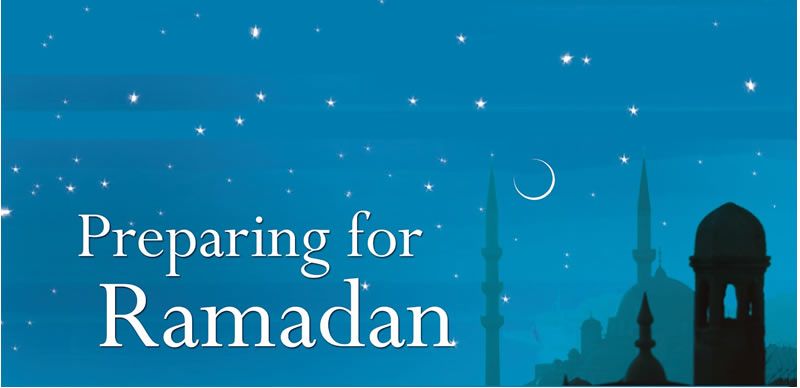
It involves total abstinence from foods and drinks, starting from dawn to sunset.
Also, couples are compelled to stay away from sexual intercourse or acts that could lead to romance while fasting, but they are allowed to cohabit in the evening or night of fasting, as stated in Qur’an 2:187.
Ramadan is a month for Muslims to reflect and discipline their souls to attain Allah’s forgiveness, mercy and guidance.
Muslims are expected to increase their good deeds during Ramadan and refrain from bad deeds such as gambling, jealousy and gossiping.
Prophet Muhammad (SAW) said, “When the month of Ramadan starts, the gates of heaven are opened, and the gates of hell are closed, and the devils are chained.”
Hence, Muslims are enjoined to refrain from sinful acts.
Fasting in Ramadan is one of the five pillars of Islam, along with the belief in Allah and His messenger, observance of the five daily Solat (prayer), giving alms (Zakat) and pilgrimage to Makkah.
Muslims cherish fasting as it helps to curtail worldly desires, improves one’s spirituality and closeness to Allah, encourages reading of the Holy Qur’an, enhances almsgiving to the needy, and promotes love for fellow Muslims, amongst others.
One of the significant events that makes Ramadan special is that the Holy Qur’an was revealed by Allah to Prophet Muhammad (SAW) in this month.
More so, Allah enjoined Muslims to fast, according to the Holy Qur’an in Q2:183, where He said, “O ye who believe! Fasting is prescribed to you as it was prescribed to those before you, that ye may (learn) self-restraint.”
As it was the custom of the Prophet, he advised Muslims to observe fasting during the preceding month of Sha’ban (though not as intense as Ramadan’s) to prepare their minds, improve their spirituality and health before Ramadan.
However, fasting is not only observed in Ramadan. Muslims can also fast on Mondays and Thursdays of every month, as well as the 13th, 14th and 15th days of every month.
When does Ramadan start?
The commencement of fasting in Ramadan largely depends on when the crescent moon is sighted by relevant authorities and Muslims of impeccable character.
If the crescent of Ramadan 1445 AH is sighted after sunset on Sunday, March 10, 2024, which is equivalent to 29th Sha’aban 1445 AH, fasting will begin on Monday, March 11, 2024. Otherwise, it’ll start on Tuesday, March 12, 2024.
In Nigeria, for example, Muslims begin their fasting upon the declaration by the President-General, Nigerian Supreme Council for Islamic Affairs, who also doubles as the Sultan of Sokoto, Muhammad Sa’ad Abubakar III.
In this piece, PUNCH Online highlights 10 tips to abide by for Muslims to have an easy ride throughout the Ramadan period:
1. Go for a medical check-up to know your health status before fasting.
2. Buy necessary food items that can sustain you, along with beverages.
3. Ensure that you eat a pre-dawn meal (Sahur) before fasting and the meal after breaking your fast (Iftar).
4. Recite the Qur’an regularly and give charity to the poor
5. Establish daily obligatory prayers in the mosques and remain steadfast in the remembrance of Allah.
6. Increase your supererogatory prayers (Nawafil).
7. Attend Islamic lectures and sittings where your mind will be filled with talks of the fear of Allah, and lessons are learnt from the Qur’an.
8. Refrain from spending much time on television and social media.
9. Engage in the Tarawi prayer which is established after the ‘Isha’i prayer. It could also be done in the middle of the night.
10. Intensify your prayers on the odd nights of the last 10 days. This will help increase your chances of witnessing the Laylatul Qadr – ‘Night of Power,’ in which if one is fortunate, his worship during this night will be worth more than months of worship.














